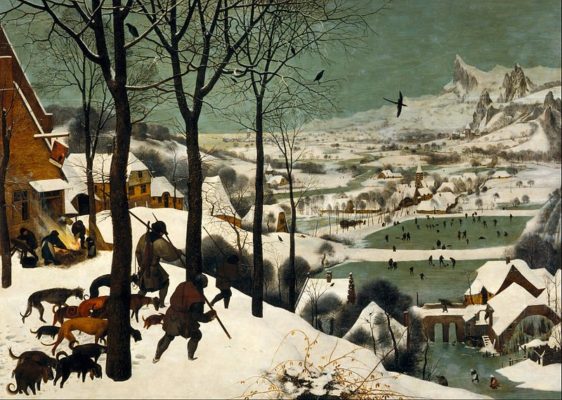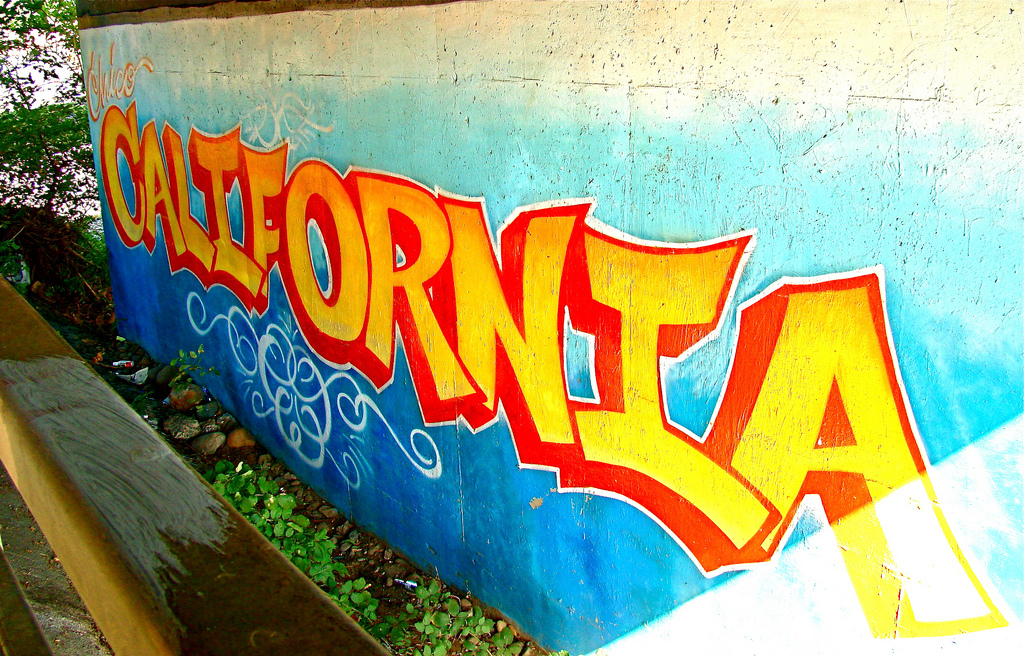In T&W teaching artist Alice Pencavel’s lesson plan, students explore the art of observation, integrate their observations into their writing, and deepen their appreciation for craft through examining word choice.
Grade: 4th
Genre(s): Poetry
Download: The Art of Observation
Common Core Learning Standard:
- ELA-LITERACY.W.4.3.D: Use concrete words and phrases and sensory details to convey experiences and events precisely.
Guiding Questions:
- How do you observe everyday objects in your day-to-day life?
- What is it like to look closely and deeply at something?
- How did the brainstorming warm-up contribute to how you shaped your poem?
- What happens when you hear language or images that connect with your own experience?
- If you were to revise your poem once more, what might you change?
- What links do you notice between your poem and Bruchac’s?
LESSON
Warm-Up Activity (10 minutes):
- Pass out “Prints” by Joseph Bruchac with the blank side up.
- Say: Everyone put forth a hand, and open up your palm. Observe what you see in your palm in silence. Really look—what are the shapes, shades, angles, or curves that you see? How does your palm look when you wiggle or move it a bit? How does that change what you see? What do you see when you make a fist and reopen your palm?
- Now, on the blank page before you, write one noun, something you see in your hand.
- Then pass the paper to your left.
- Read the new word before you. Maybe it is the same word you wrote or maybe it is a different word. What does this word remind you of? Write down another noun—a new word—that this word reminds you of.
- Then pass the paper to your left.
- You now have two different words before you, both written by other people. Please write a verb that you could put with either the first word or the second. For example, if you have before you “VEIN” and “CREASE,” you could write “WIGGLE.” It is out of context, so the goal is not to make sense so much as to give action to a chosen noun.
- Pass the paper left one last time.
- Return to your palm and look at it again. Do you see anything there you did not notice before? Write down one noun, something you notice that you did not see before.
- You now have four words before you. Please use them to make a single sentence. You must use at least three of the four words and you may connect them anyway you see fit.
Mentor Text and Discussion (10 minutes):
- Turn over your paper. On the other side is the poem “Prints” by Joseph Bruchac.
- We will read the poem silently to ourselves, and then out loud twice.
- Are there any words you do not know? What verbs and nouns do you see/hear in this poem? What do you think it is about? What doesn’t make sense, or is there any part of the poem that is confusing? Who do you think the writer is speaking to? How many sentences is it? How did he break the sentence into stanzas? What is a stanza? Why do you think he made the breaks where he did? (Facilitator provides some backstory/context about Joseph Bruchac from the bio provided with the poem handout.)
Writing (10 minutes):
- Return to your sentence. Knowing how a single sentence can be crafted into a poem, turn your sentence into a poem—feel free to add more words as you see fit, so long as it remains a single sentence and still incorporates at least three of your four initial words.
Closing (10 minutes):
- Ask students to share their poems aloud and express how they chose to make them look on the page. Encourage others to respond to the work of their peers.
Materials Needed:
“Prints” by Joseph Bruchac with blank space for writing on one side of the page
Multi-modal Approaches to Learning:
Interpersonal, Intrapersonal, Verbal-Linguistic
Alice Pencavel is a writer and teacher. Prior to joining Teachers & Writers in 2021, Ms. Pencavel worked as a Teaching Artist for multiple non-profits, including Arts Connection, SAY (Stuttering Association for the Young), Brooklyn Acting Lab, Stages on the Sound, Girls Write Now, and Teachers & Writers, among others. As a playwright, she has collaborated with Naked Angels, Lincoln Center Theater, MCC, Manhattan Repertory, Superhero Clubhouse, and the Kitchen Theater. She also worked in Customer Support with DonorsChoose, helping public school students receive educational materials. Having served as a Teaching Artist with Teachers & Writers, Ms. Pencavel has seen first hand the impact of bringing writing programs into schools, and is thrilled to offer her services in this new capacity. Ms. Pencavel holds a BFA in Acting from Ithaca College, and an MFA in Playwriting from the New School.



